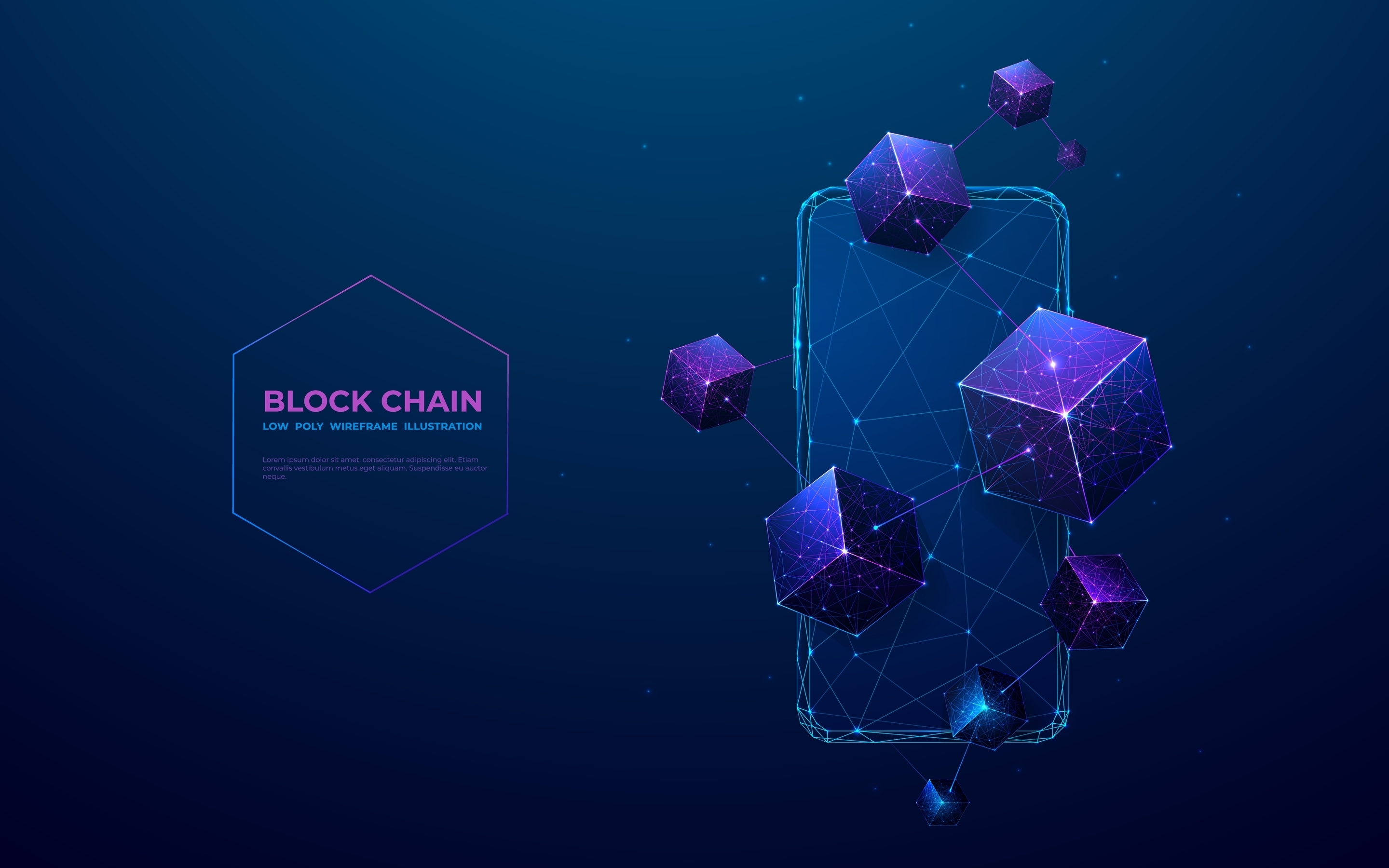Event organizers face mounting pressure to create memorable experiences that drive measurable results. Recent data shows that events incorporating gaming elements see attendance rates spike by 20% and participant satisfaction scores climb by up to 87%. Major brands like Salesforce, Adobe, and HubSpot have moved beyond basic points systems to create rich gaming experiences that turn passive attendees into active participants. This shift marks a fundamental change in how successful events operate – and signals where the industry heads next.
PR Overview
The Power of Play in Professional Settings
Gaming mechanics work because they tap into fundamental human motivations. When Microsoft integrated gaming elements into their developer conferences, session attendance increased 65% year-over-year. The gaming components created natural networking opportunities as attendees competed in challenges and shared achievements.
Event gaming takes many forms – from simple point-scoring apps to complex alternate reality games that unfold over multiple days. The key lies in matching the gaming approach to your specific audience and objectives. A medical conference might use case-study simulations, while a marketing event could feature social media challenges.
Selecting the Right Gaming Elements
Not all gaming mechanics work equally well in event settings. Research from the Event Marketing Institute shows these elements drive the highest engagement:
- Achievement systems (points, badges, levels)
- Competition frameworks (leaderboards, tournaments)
- Social mechanics (teams, trading, gifting)
- Progress tracking (quest logs, completion meters)
The most successful implementations layer multiple mechanics. When Cisco combined team-based challenges with individual achievement tracking at their annual customer conference, they saw a 47% increase in session attendance and a 36% boost in post-event survey completion rates.
Building Effective Esports Partnerships
Major lifestyle brands increasingly tap esports to connect with younger audiences. When Coca-Cola partnered with Riot Games for the League of Legends World Championship, they reached over 100 million unique viewers. But effective esports integration requires careful planning:
- Align with authentic gaming experiences
- Create value for the gaming community
- Build long-term relationships vs. one-off activations
- Measure impact through engagement metrics
Louis Vuitton’s partnership with League of Legends shows how luxury brands can authentically enter gaming. Their in-game skins and real-world merchandise collection generated over $10 million in sales while introducing the brand to millions of new customers.
Measuring Gaming Impact
Clear metrics help prove gaming’s value. Focus on these key performance indicators:
- Participation rates in gaming activities
- Time spent engaged with game elements
- Social sharing of achievements
- Post-event survey scores
- Lead quality and conversion rates
When SAP added gaming elements to their customer conference, they tracked a 42% increase in booth visits and 28% more sales conversations compared to previous years.
Creating Accessible Gaming Experiences
Gaming mechanics must work for all attendees. Consider these accessibility requirements:
- Multiple ways to participate
- Clear instructions in various formats
- Appropriate difficulty levels
- Accommodation for different abilities
- Regular feedback collection
Adobe’s Summit conference offers both digital and analog gaming options, ensuring everyone can participate regardless of technical comfort level.
The Future of Event Gaming
Gaming integration continues evolving. Watch these emerging trends:
- AI-powered personalization of gaming experiences
- Mixed reality games blending physical and digital
- Blockchain-based achievement systems
- Cross-event gaming ecosystems
- Social impact gaming mechanics
These innovations help events stay relevant while delivering measurable business results.
Event gaming represents more than entertainment – it’s a strategic tool for driving engagement, learning, and business outcomes. Start small, measure results, and expand based on data. Focus on authentic experiences that align with attendee interests and event goals. Most importantly, remember that successful gaming integration requires ongoing refinement based on participant feedback.
The Future Of Wellness Influencer Marketing: Authenticity Over Aesthetic
Wellness brands face a reckoning. The era of perfectly curated influencer feeds and aspirational...
Marketing Blockchain to Non-Crypto Audiences: The New Playbook
Most blockchain marketing fails before it begins—not because the technology lacks merit, but...
The New Playbook for AI-Enhanced Brand Messaging
Brand messaging used to be a game of instinct, intuition, and endless rounds of creative review....




